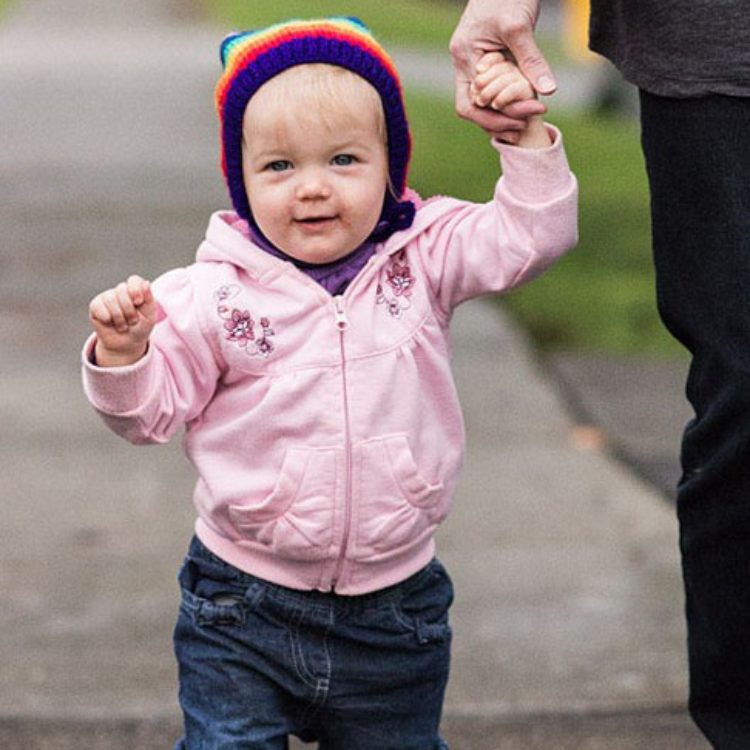Reframing Failure in 5 Baby Steps
So, you’re in ballet class, pirouettes from the corner. Chasse pas de bourree, prepare…
You almost do a nice clean double, except for an annoying little hop at the end. Slightly frustrated, you grit your teeth and tell yourself “get it right next time” as you chasse pas de bourree and prepare for the next turn.
More of a hop, plus you lose your placement.
You sneak a sideways glance at your teacher to check if they noticed your blunder… Phew, you got away with it.
Chasse pas de bourree, prepare…
This time you fling way off balance and your turn is a total write off. You walk away with your head down, pretending you twisted your ankle to avoid facing the terrible reality that… (gulp) you failed.
Your teacher calls out a correction to you. You feel even worse. Nod pathetically and hope they won’t make you repeat it.
Inside, you’re frustrated and angry at yourself, “Why can’t I do this? I’m so crap at turning! This is so humiliating! I’m never going to be able to turn!”
Eventually, you become so afraid of stuffing up your turns that you get all tense and edgy even just thinking about doing a pirouette!
The trouble is, you’re looking at failure all the wrong way.
You think failure is unacceptable.
Don’t worry, you’re not alone here.
So many dancers are afraid of failing and try to avoid it at all costs.
You get it stuck in your head that making mistakes is bad. Unacceptable even.
Your expectations of yourself are so high that even if you do a great turn and only hop at the very end, you ignore all that was right about the turn and give yourself a huge mental butt-whipping for the tiny hop!
95% great turn + 5% hop = FAIL
Because to you, that hop is the difference between a perfectly good turn and an unacceptable turn. When the standard for being ‘good enough’ is actually perfect, anything less is unacceptable.
And it’s pretty hard to live with yourself when you see failure like that.
Failure becomes evidence that you’re not as good as you should be. Evidence that you don’t meet up to the expectations. Evidence that you are a failure.
Any failure = I’m a failure
This is where the skewed logic behind this attitude really catches up with you. When you think that any mistake or failure means that you’re a failure, you lose your confidence, your motivation and your courage to take risks in your dancing.
You become too afraid to try, so you get stuck in the areas you most want to see improvement in!
This attitude will never help you improve or reach your goals.
It’s time to reframe your view of failure
I have a 14-month-old daughter who has been learning to walk. She falls down a LOT, she loses her balance and trips over her own toes hundreds of times every day.
And yet, I don’t see her as a failure for it, and neither does she. She’s learning to walk and that’s a wonderful and exciting thing.
When she falls down, I say cheerily, “Whoops! Up you get!” She pulls herself back up and off she toddles again. When she manages a number of steps in a row, I get ridiculously excited and scoop her up for a big hug!
We repeat this process countless times everyday. Gradually, she is becoming more and more coordinated and quick on her feet (and I’m becoming more and more of a shamelessly proud mother)!
Why am I telling you this?
Because the key to reframing failure is to remember that failure is a normal part of learning.
Taking baby steps
It may take some time before you become more comfortable with the idea of failing being normal and not something to become a blubbering mess about! Here are some tips of some *baby steps* to help you along your way.
Step 1: Know that failure is a normal part of learning
Failing doesn’t mean you’re a failure. It means you are learning something. Just like my daughter’s falling down isn’t a big issue, that step you’re stuck on, that role you’re unsure of isn’t either – you’re still learning, it’s ok to make mistakes – in fact it’s totally NORMAL.
Failing is how you learn!
(And may I humbly remind you: you will always be learning – even if you’re a principal dancer, you will continue to make mistakes and fail and learn from them, so get used to it!) 😉
Step 2: Brush yourself off and get back up again
Don’t make more of a failure than it is, just get up again and get on with what you were doing. When you take the drama out of a failure, you can be a lot more calm and focused when you do try again.
Step 3: Encourage yourself – learning is a wonderful and exciting thing
Just as I cheer my budding toddler on when she is learning to walk, become your own cheerleader and encourage yourself when you make a mistake or fail!
Next time you are doing that step you dread or that dance you just aren’t on top of yet, listen to the way you are talking to yourself in your head… how do you sound? Like a drill sergeant or like an excited mama egging on her toddling child? Give yourself permission to get excited about your progress and the process of learning (including failing).
Step 4: Celebrate every little thing you’re doing well
Don’t ignore the 95% of the turn that you did really well, celebrate it! Put the 5% hop in its place! Perhaps there is one step that you get really frustrated with – instead of focusing only on that, remind yourself of all the other steps you don’t struggle with as much.
Even if it feels like you are terrible at everything you do in your dancing – you surely have strengths and talents in other areas that you are overlooking in your dance-focussed pity party! Go on a hunt for the 95% and be proud of it.
Step 5: Give yourself time to learn
Children don’t learn to walk in a day. Don’t be ashamed if it takes time to master that pirouette or reach your career goals. Keep at it. Rushing and telling yourself you should already be able to do this will only mean you get stuck for longer. There is no shame in taking time to learn and master something. You will get there eventually with calm perseverance and a positive attitude.
Well, I hope these baby steps will help you reframe your view of failure and give you some confidence in yourself in the process of learning and growing as a dancer…
Chasse pas de bourree pirouette from the corner anyone? 😉
I’d love to know which step helps you out the most. Leave us a comment or drop me an email: philippa@heretohelp.net.au. Remember I’m here to help!
🙂 Philippa

